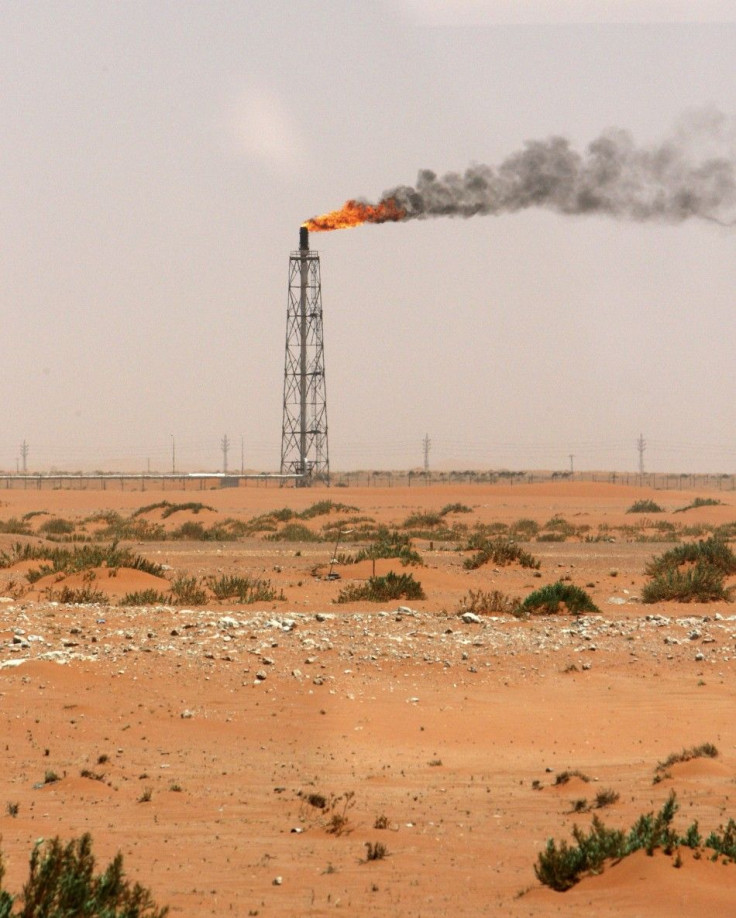OPEC Sees World Oil Demand Declining 11% Next Year

Economic slowdown in the U.S., China and emerging markets, a rise in political tensions in the Middle East and Europe's debt crisis mean oil consumption will not rebound anytime soon, according to a monthly report issued Wednesday by the Vienna-based Organisation of the Petroleum Exporting Countries (OPEC).
Global oil demand into 2013 will remain below current production output levels. OPEC maintained its forecast of 0.9 million barrels per day for the year and predicted that next year's daily average demand would decline 11 percent to 0.8 bpd.
The oil market in 2012 has been strongly impacted by the great uncertainty in the global economy, particularly from the OECD countries, said the monthly oil market report, referring to the 34-member Organisation for Economic Co-operation and Development. The world economy is continuing its subdued recovery and prospects remain fragile. In the OECD, the real economy still lacks momentum, while growth levels in the emerging economies remain largely dependent on exports.
OPEC sees growth in OECD economies for 2013 to be flat at 1.4 percent, the same level as 2012. China and India will continue to lead global growth at 8 percent and 6.6 percent, respectively.
The report predicts that non-OECD countries, especially Japan where demand has increased since the 2011 Fukushima incidents shut down the country's nuclear power generation, are expected to continue to contribute all of the world's oil demand growth for next year.
The OPEC Reference Basket price index, which is the average price for the 12 OPEC member states, continued its third monthly decline in June, settling for the first time below $100 per barrel, at $93.98. This was the highest month-to-month drop since December 2008. ICE Brent and Nymex WTI both saw multi-month declines in June, too.
Tankers saw a decline in freight rates, too, indicating a slowdown in oil deliveries, especially through the Suez Canal, the main transit point for oil bound for Europe.
© Copyright IBTimes 2025. All rights reserved.






















